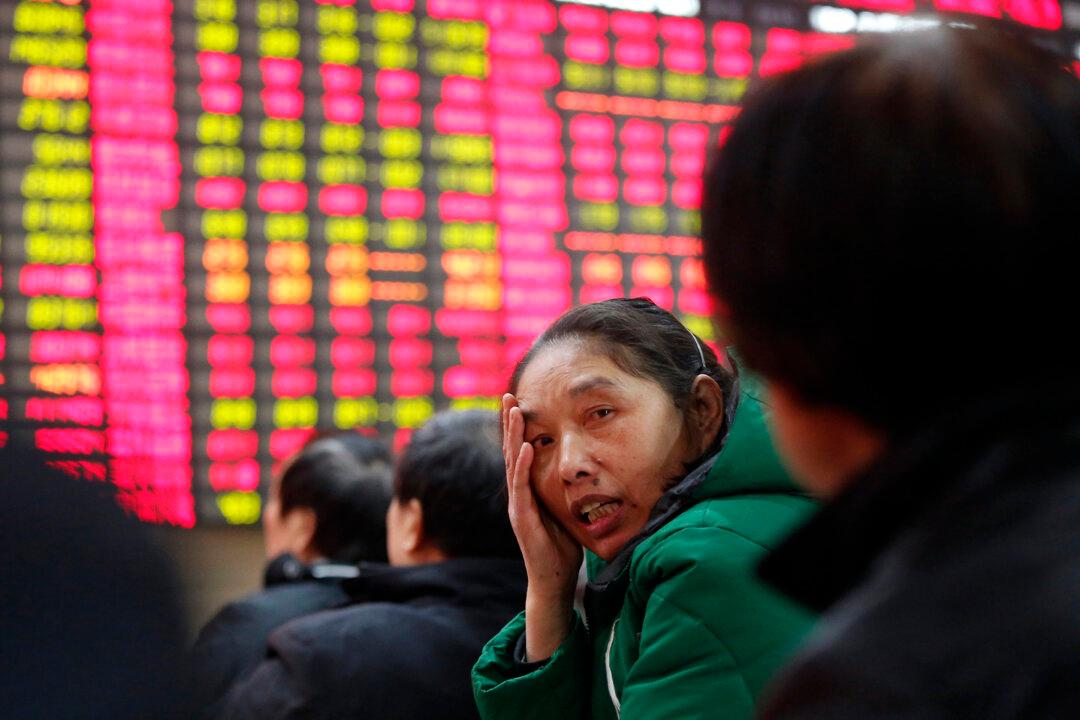After the first rumors about a Chinese version of quantitative easing (QE) emerged Monday, more unofficial reports on Tuesday tell us the program will copy one of the European Central Bank’s initiatives, rather than the Fed’s classic stimulus.
As the Wall Street Journal reports, citing unidentified officials, the People’s Bank of China (PBOC) won’t be buying local government debt outright (straight QE) but rather give loans to banks, which can pledge local government debt as collateral.
This is similar to what the ECB did with its infamous Long Term Refinancing Operations (LTRO) starting at the end of 2011, although we don’t know how long term the Chinese operation is going to be. However, the result in China is likely to be similar to the result in Europe: Do nothing for the real economy but prop up the stock market.





